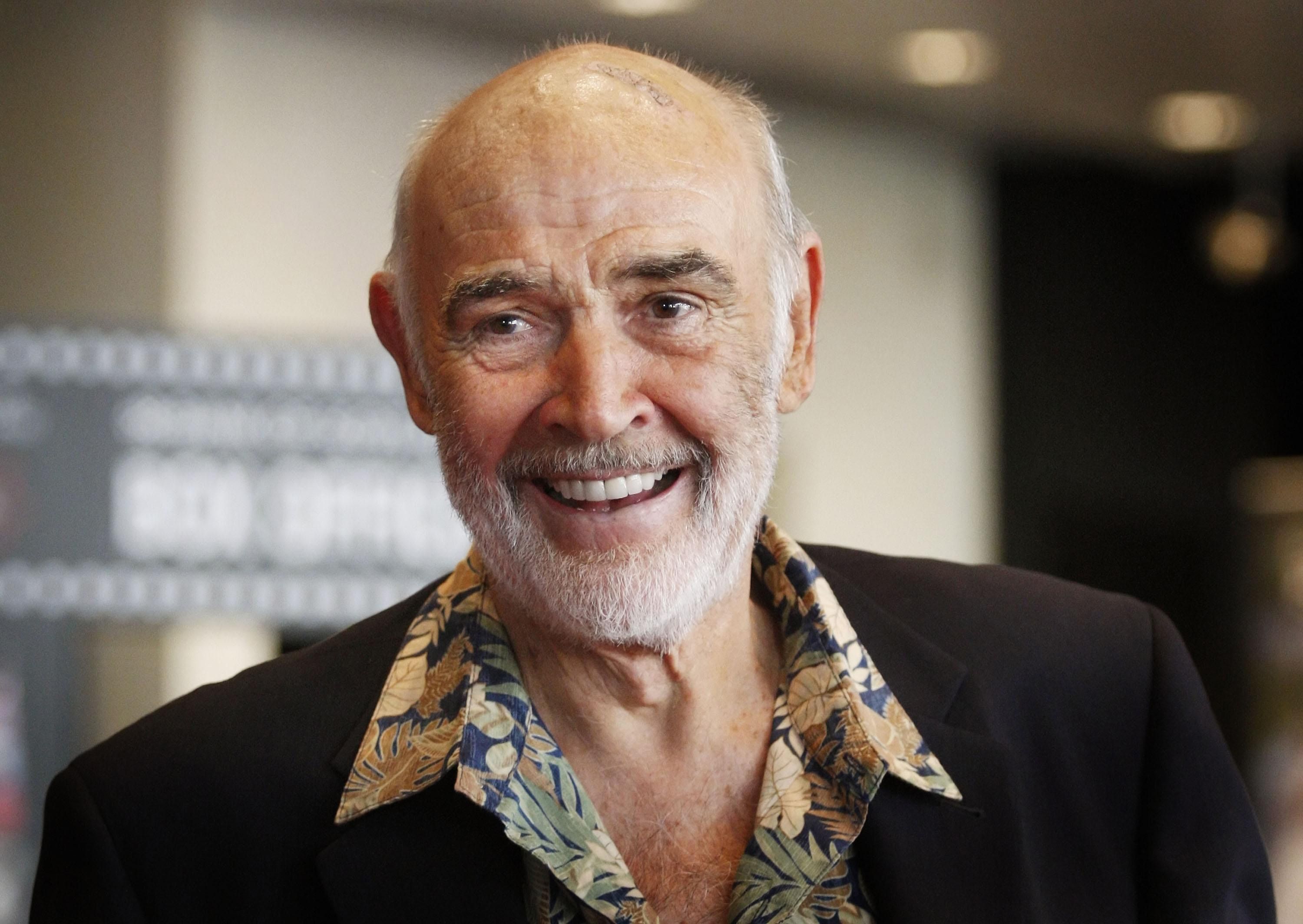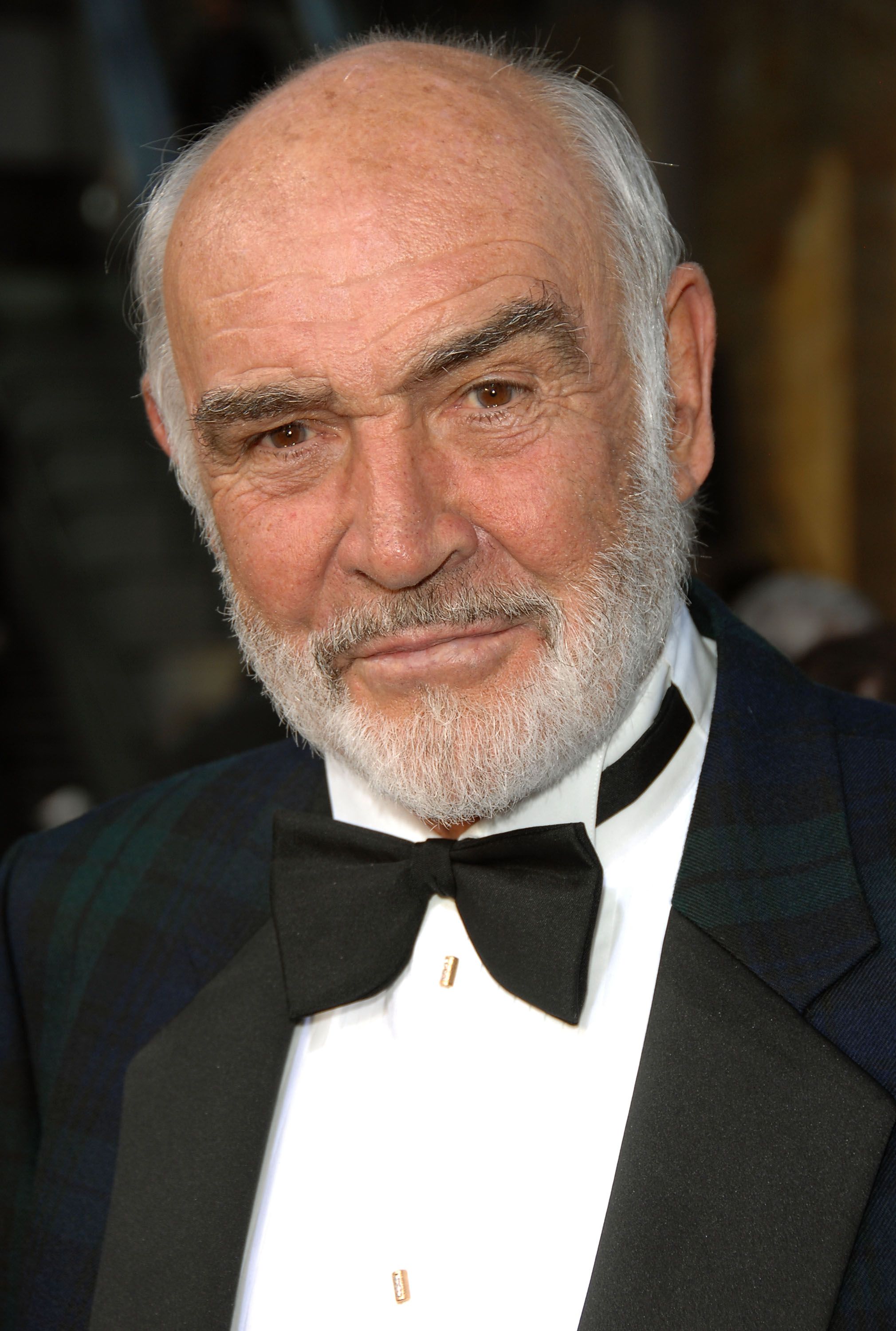It's a curious thing, language, isn't it? We use words every single day, sometimes without really giving them much thought, yet they carry so much weight and meaning. You know, the way we string phrases together can really make a difference in how our message comes across, whether it's a simple chat or something more involved. There are these little quirks, these subtle turns of phrase, that can spark a lot of discussion among folks who really appreciate the finer points of how we communicate.
Consider for a moment how much goes into just one sentence, how many small decisions we make without even realizing it. From choosing "I" or "me" to figuring out if a word needs a capital letter, these choices shape what we say. It's almost like a quiet dance of words, where each step, each little placement, has its own rhythm and reason. We're often just trying to get our point across, but there's a whole world of precision just below the surface, waiting to be noticed, so.
This exploration of language isn't just for grammar enthusiasts, it's for anyone who uses words, which is pretty much all of us. People like Sean Edward Hartman, perhaps, might find themselves drawn to these subtle points, noticing how a word sounds or how a phrase feels when spoken. It's about getting comfortable with the tools of communication, knowing when to use what, and appreciating the little distinctions that make our conversations clear and engaging, you know?
Table of Contents
- Sean Edward Hartman and the Art of Expression
- What's in a Name, Sean Edward Hartman? Capitalization Pointers
- How Does Sean Edward Hartman Handle Pronouns?
- Time and Tense: Sean Edward Hartman's Grammar Clues
Sean Edward Hartman and the Art of Expression
When we think about how people talk and write, it's clear that there's more to it than just getting words out. There's a certain way of putting things, a personal touch, that makes communication truly effective. Someone like Sean Edward Hartman, for example, might be someone who thinks about how their words land, how they're received. It’s about being thoughtful with your phrasing, making sure your message is not just heard, but also felt, in a way. This attention to how we speak can really make a difference in everyday interactions, too.
It's interesting to think about how some individuals naturally seem to have a knack for precise language, or at least they care enough to get it right. They might be the kind of person who pauses a moment before saying "my wife and me" versus "my wife and I," simply because they want to show a little courtesy or respect in their speech. This isn't about being stuffy or overly formal; it's about a quiet consideration for the other person, a genuine desire to communicate clearly and politely, you know? It's just a little thing, but it often stands out.
The way we arrange words, especially when we're talking about ourselves in a group, can feel a bit like a social custom. It’s almost as if there's an unspoken agreement that when you're listing a few people, it's just a kind gesture to mention yourself last. This isn't a hard and fast rule that will cause chaos if you don't follow it, but it's a common practice that many people notice and appreciate. It's a small act of politeness that can make a conversation flow a little more smoothly, in some respects.
- Bad Boys Movies
- Matthew Stafford Family
- Oliver Hudson Movies And Tv Shows
- Ethan Hawke Children
- Drakes Son
When "I" and "Me" Get Together: A Sean Edward Hartman Perspective
Consider the classic puzzle of "my wife and I" versus "my wife and me." This is a point that often comes up in discussions about proper English, and it can feel a little confusing at first. People sometimes wonder which one is the correct choice, and it really depends on what role the phrase is playing in the sentence. It's a common point of discussion, and someone who pays attention to language, like Sean Edward Hartman, might find these distinctions quite interesting, as a matter of fact.
When you're the one doing the action, or the subject of the sentence, you'd use "I." For example, "My wife and I went to the game." Here, "my wife and I" are the ones who performed the action of going. It's about who is doing what, really. This particular choice makes the sentence feel complete and grammatically sound, and it's a distinction that can sometimes trip people up, but it's pretty straightforward once you get the hang of it, you know?
However, when you're the one receiving the action, or the object of the sentence, that's when "me" comes into play. So, if someone gave a gift to "my wife and me," then "my wife and me" are the ones receiving the gift. It's about who the action is happening to, essentially. This subtle shift in how we phrase things helps to keep our sentences clear and prevents any mix-ups about who is doing what to whom. It's a simple rule, but it helps a lot with clarity, too.
What's in a Name, Sean Edward Hartman? Capitalization Pointers
Names carry a lot of significance, and how we write them down, especially when it comes to capitalization, is a small but important detail. Think about how we use words like "Dad" or "Mom." When you're talking about your own father, as in "I asked Dad for help," that word "Dad" is acting like his actual name. It's standing in for a specific person, so it gets a capital letter, just like "John" or "Sarah" would, more or less.
This is a common point of interest for those who appreciate the finer points of writing, and it's something that someone like Sean Edward Hartman might notice. If you were to say, "My dad loves to garden," the word "dad" here is more of a general description, not a stand-in for his name. In that case, it stays lowercase. It's a subtle difference, but it helps us understand whether we're talking about a specific person or just a general role, you know? This little rule helps keep our writing neat and precise.
The distinction between capitalizing "Dad" or leaving it lowercase really comes down to whether you could swap it out for a proper name. If you can replace "Dad" with "Robert" and the sentence still makes sense in the same way, then it should be capitalized. If it's more like saying "my father" or "a father," then it stays small. It's a good way to tell if you're referring to a particular individual or just a family role, very.
"Myself" for Emphasis: Sean Edward Hartman's Way of Highlighting
Sometimes, we want to really put a spotlight on the fact that *we* were the ones involved, or that something happened to *us* directly. This is where words like "myself" come in handy. It's a perfectly normal part of English to use these "reflexive" words for a bit of extra oomph. For example, if someone says, "I built this table myself," they're not just saying they built it; they're stressing that *they* personally did the work, without help, you know?
This kind of usage is often about making a point, making sure there's no doubt about who was involved. A speaker might want to place a bit of extra weight on the fact that they were one of the people in a situation, adding a sense of personal involvement or responsibility. It's a way of saying, "Yes, *I* was there, *I* did that," with a little more conviction. Someone like Sean Edward Hartman, who might be keen on clear and direct communication, could very well appreciate this linguistic tool, too.
While "myself" can be used for emphasis, it's also important to remember its primary job, which is to refer back to the subject of the sentence. So, "I saw myself in the mirror" is correct because "myself" refers to "I." But using it just to sound formal, like "Please give the report to John and myself," isn't quite right. It's really about that added punch, that personal touch, rather than just being a fancy substitute for "me," as a matter of fact.
How Does Sean Edward Hartman Handle Pronouns?
Pronouns are those little words that stand in for names, like "he," "she," "they," "we," and "us." They help our sentences flow better so we don't have to keep repeating names over and over. But just like with "I" and "me," choosing the right pronoun when you're talking about yourself and another person can sometimes feel a bit tricky. It’s a very common area where people pause and think, "Am I saying this the right way?"
When you're talking about yourself and someone else as the ones doing the action – the subject of the sentence – it's generally good practice to put the other person's name first. So, you'd say "John and I went to the store," because "John and I" are the ones performing the action. It's a matter of courtesy, really, and it makes the sentence sound more natural to most ears. This particular rule helps keep our sentences polite and clear, so.
However, when those same two people become the ones receiving the action – the object of the sentence – the order and the pronoun change. You'd say, "The teacher gave the books to John and me." Here, "John and me" are the ones getting the books. This distinction between who is doing and who is receiving is pretty fundamental to how English sentences are put together. It's a small detail, but it ensures that everyone understands the roles in the sentence, you know?
The Case of "He's" and "He Has": A Sean Edward Hartman Query
The little apostrophe "s" can be a bit of a chameleon in English, meaning different things depending on the context. For example, "he's" can stand for "he is" or "he has." This can sometimes lead to a moment of confusion, especially for someone who is trying to be precise with their language, like Sean Edward Hartman might be. How do you tell the difference, really?
Usually, you can figure it out by looking at the words that come after "he's." If it's followed by a verb ending in "-ing," like "He's working hard," then it almost certainly means "he is." If it's followed by a past participle (a verb form often ending in "-ed" or "-en"), like "He's finished his homework," then it means "he has." It's all about the company the word keeps, in a way, that gives away its true identity.
There's also the phrase "he's got something," which means "he has got something" or simply "he has something." This is a common, conversational way of speaking, and while it might seem
- How Old Is Blippi
- Daniel Ruettiger
- Alyssa Diaz Movies And Tv Shows
- Joe Montana Wife
- August Francesca Coppola Cage


